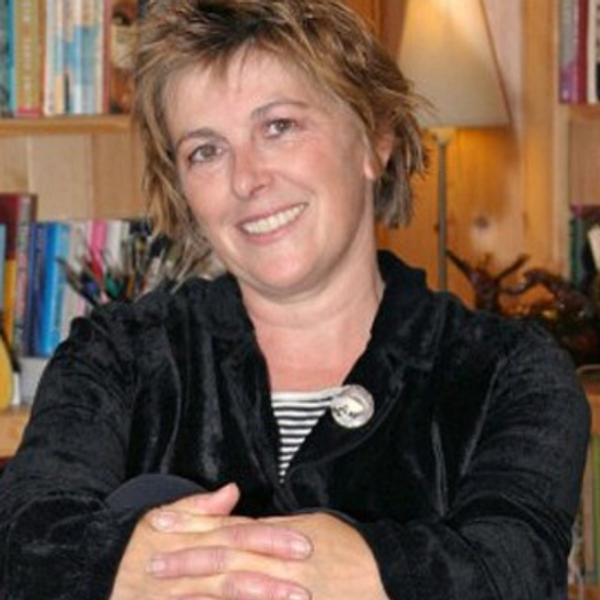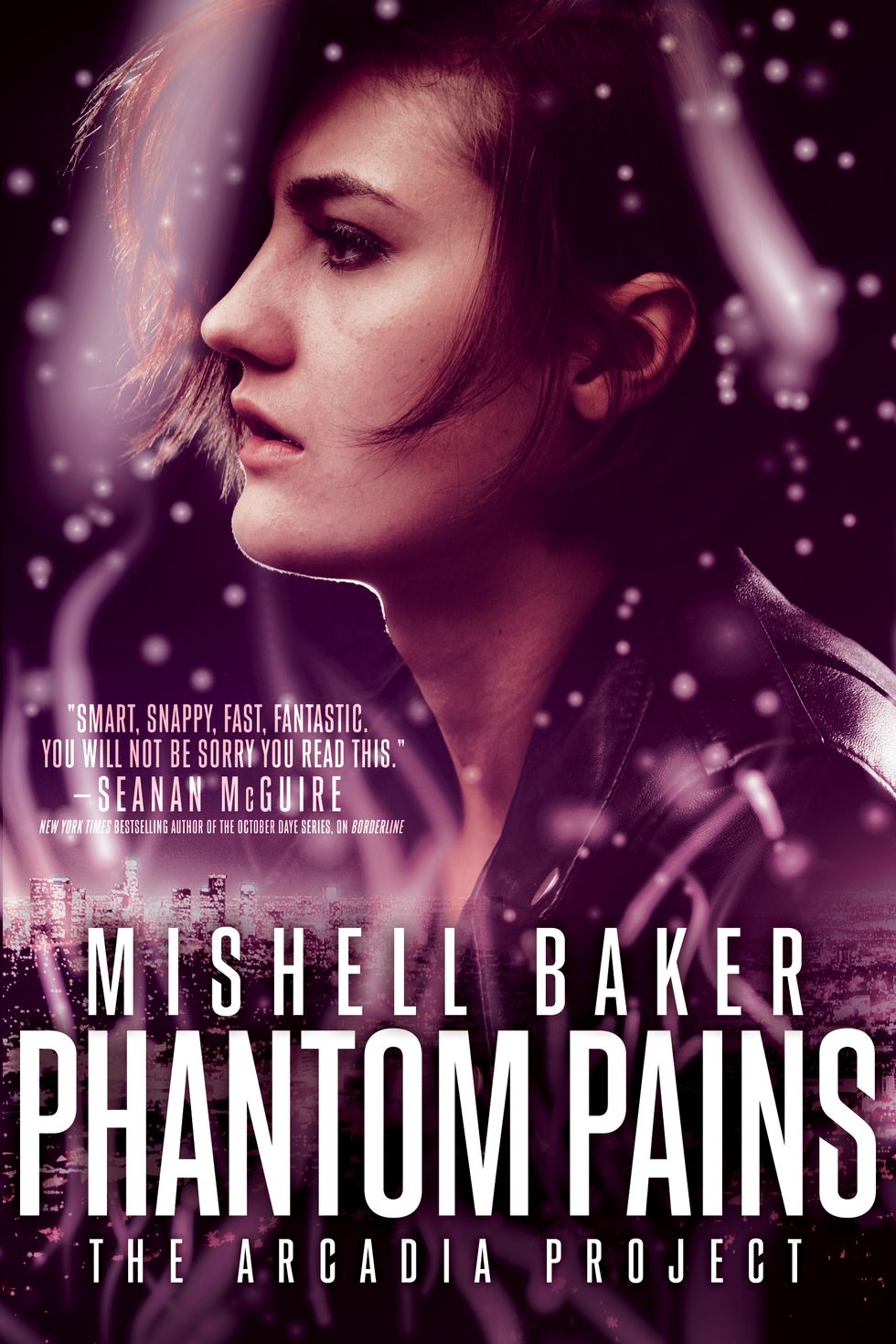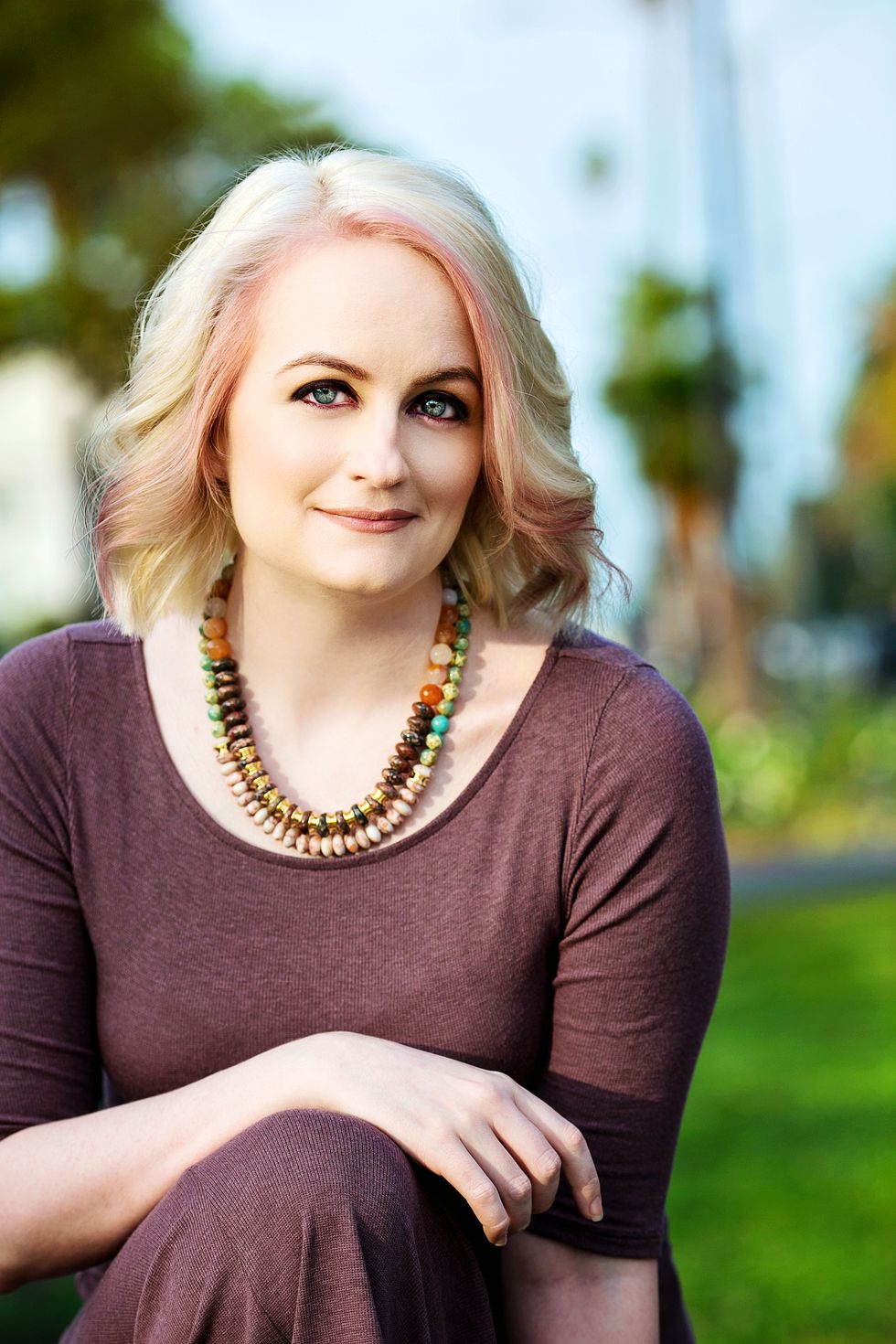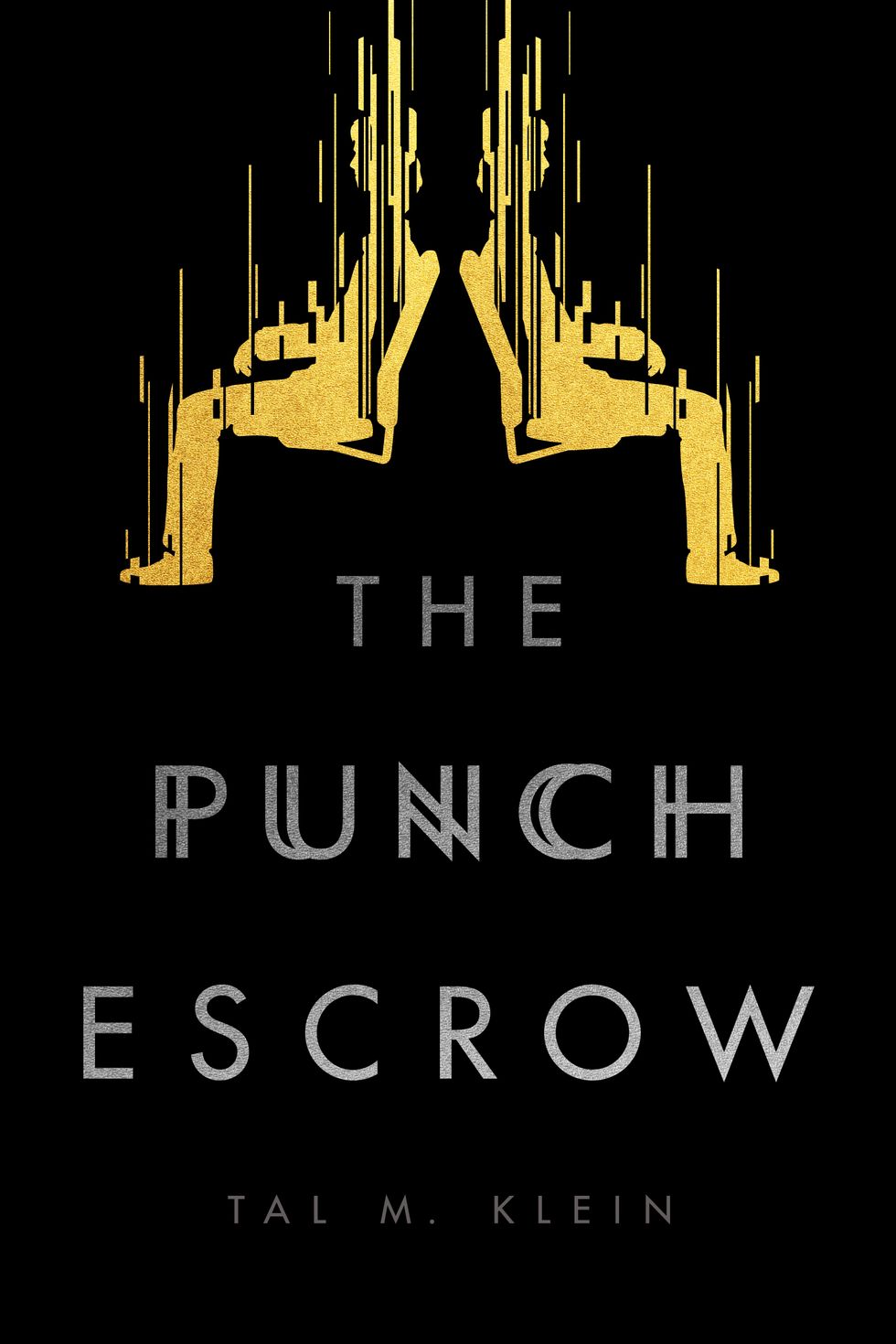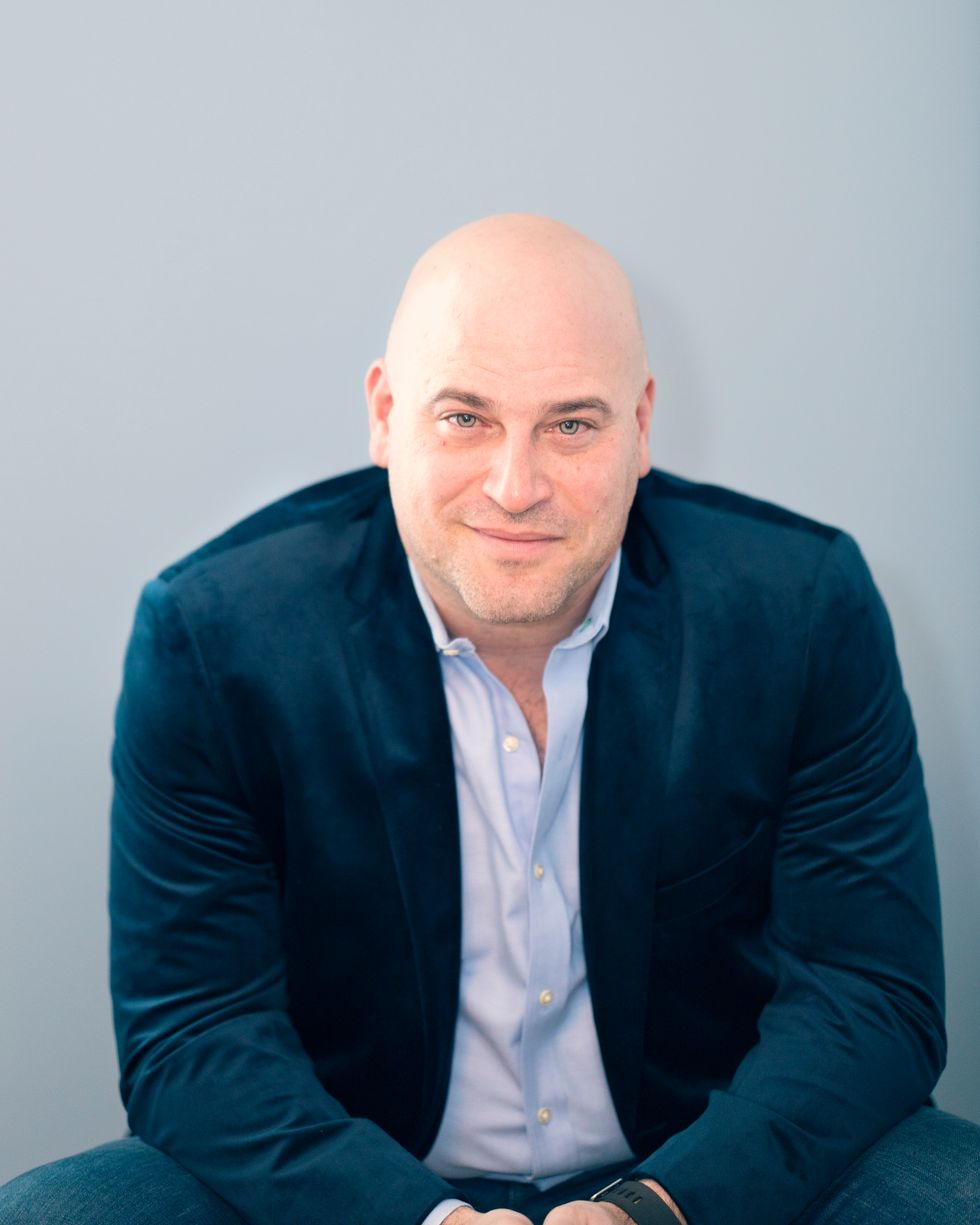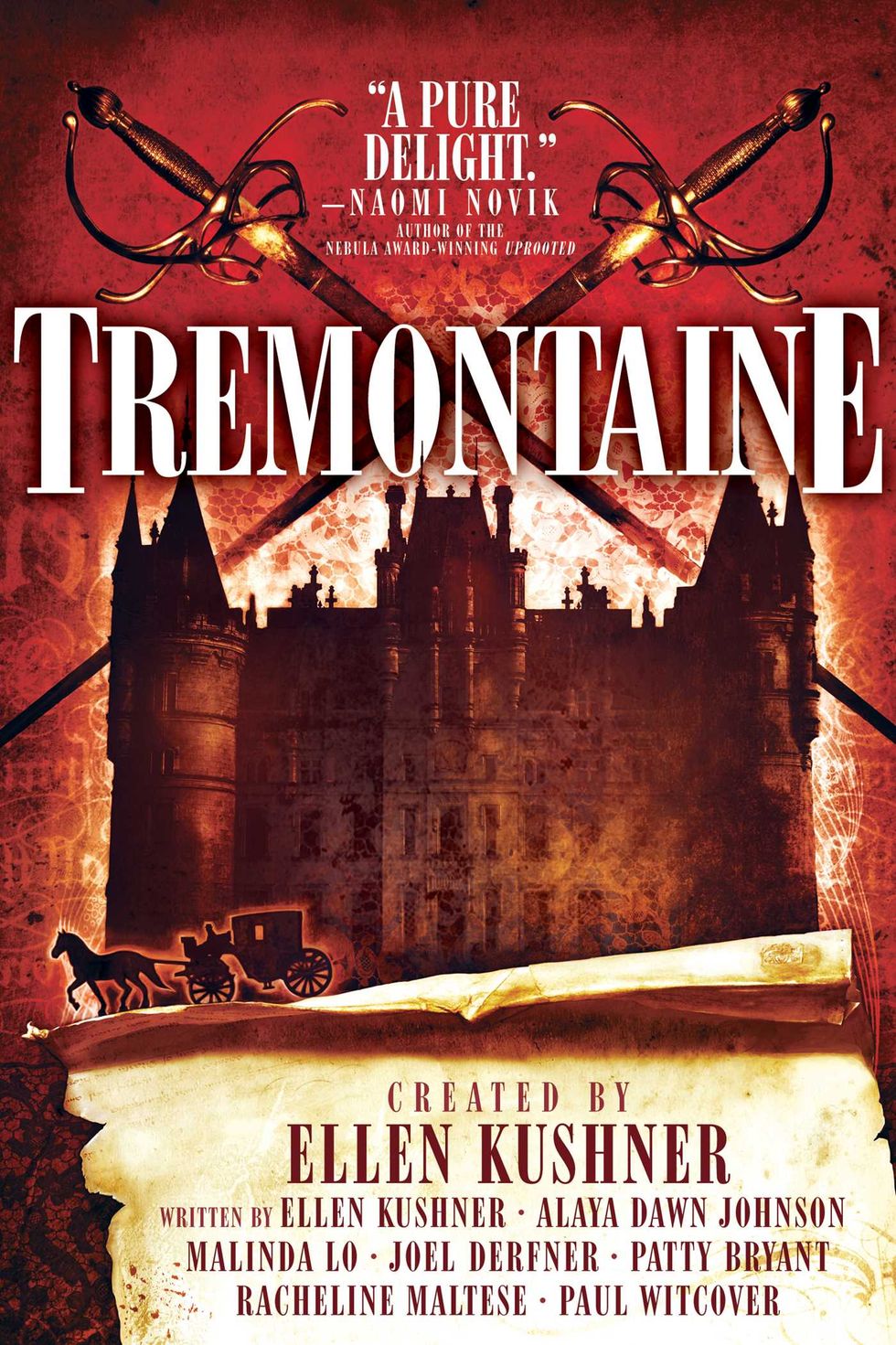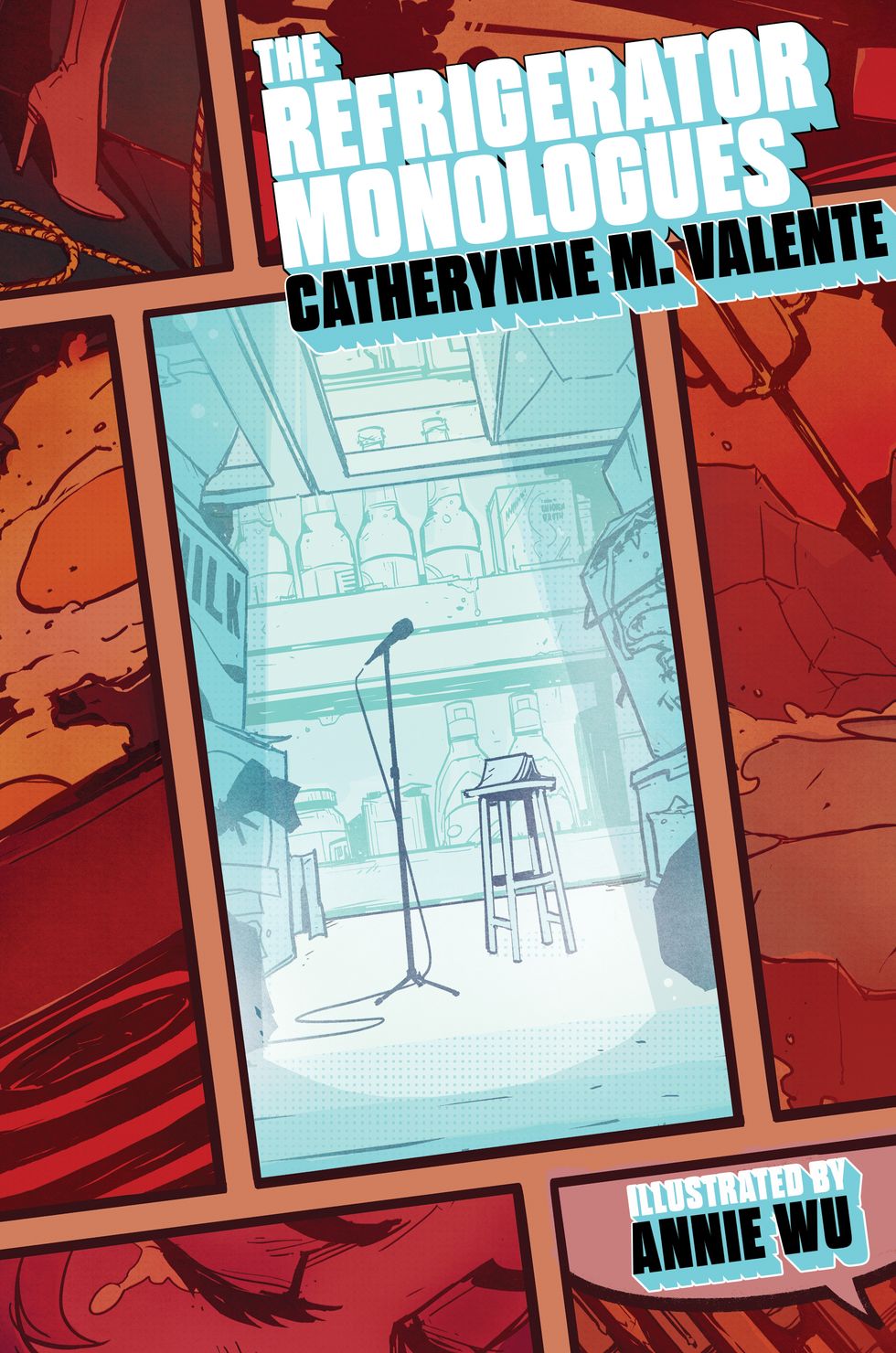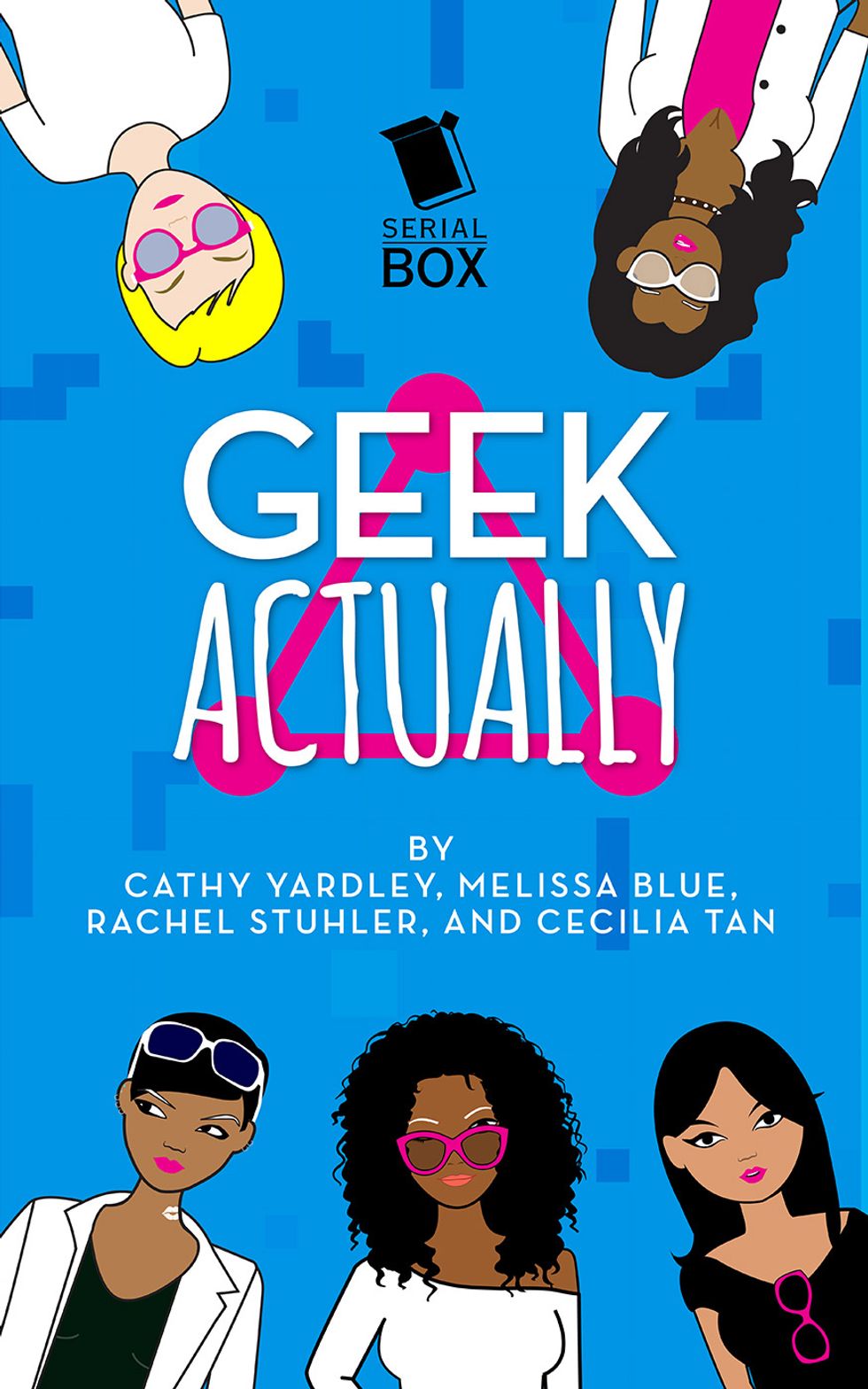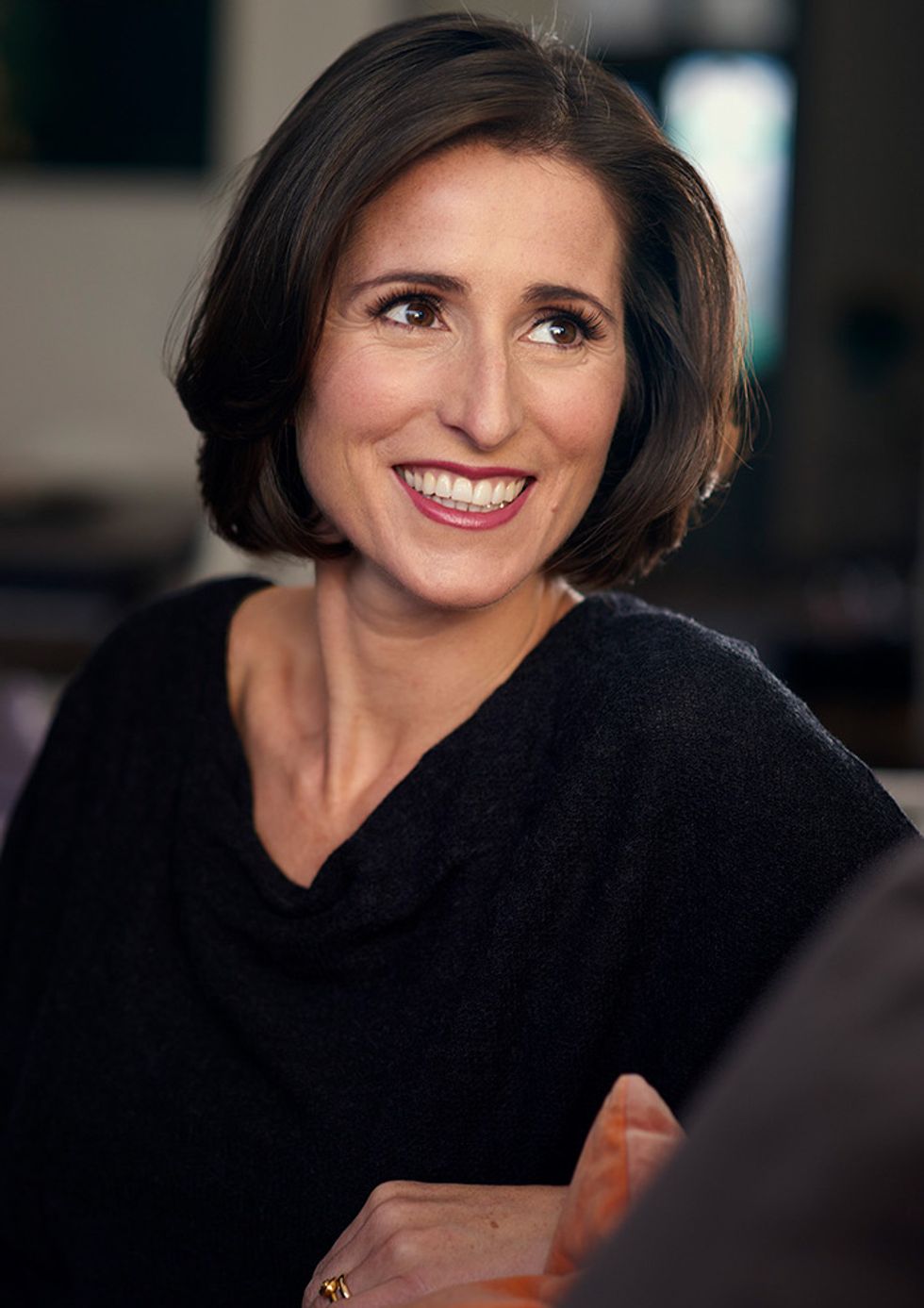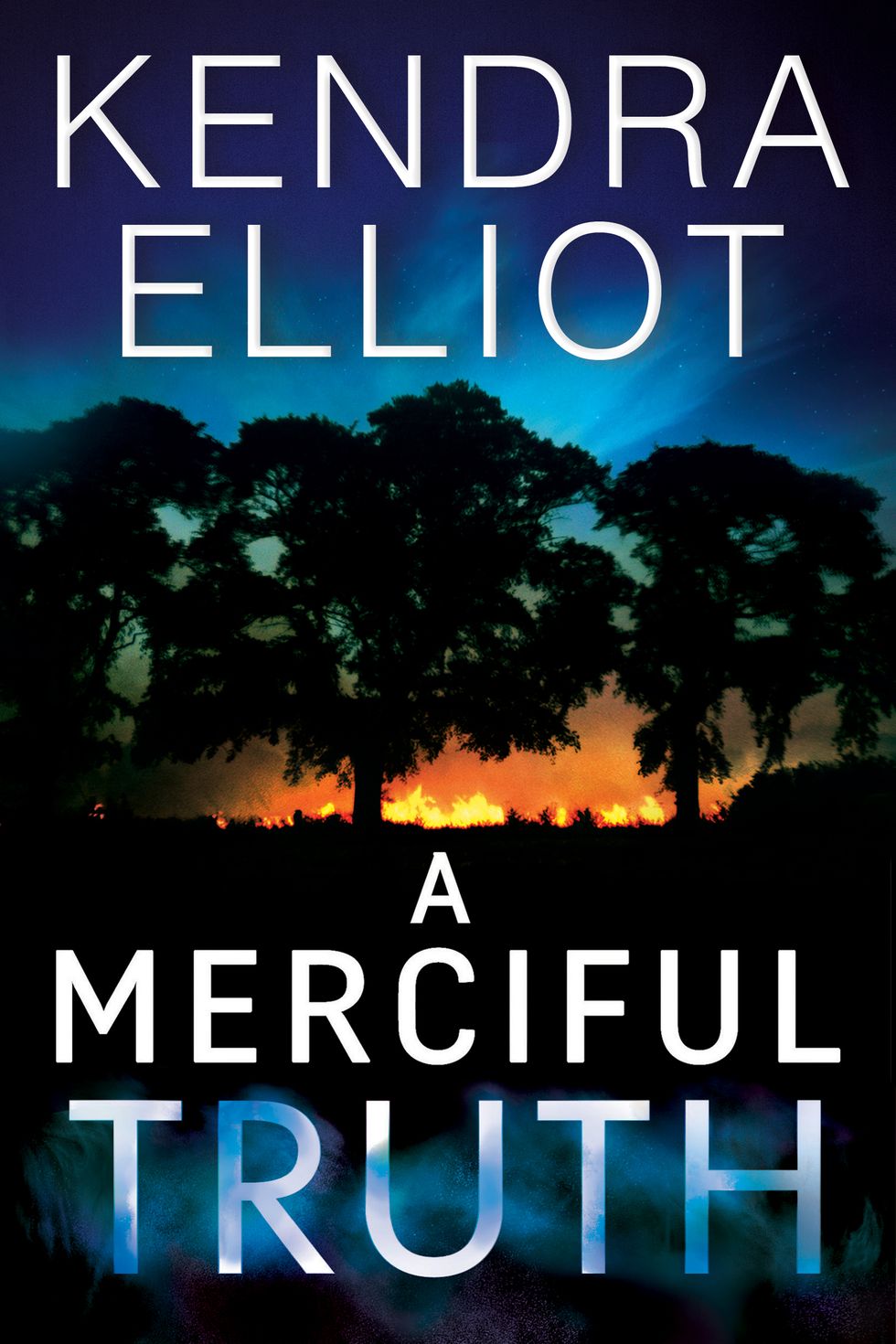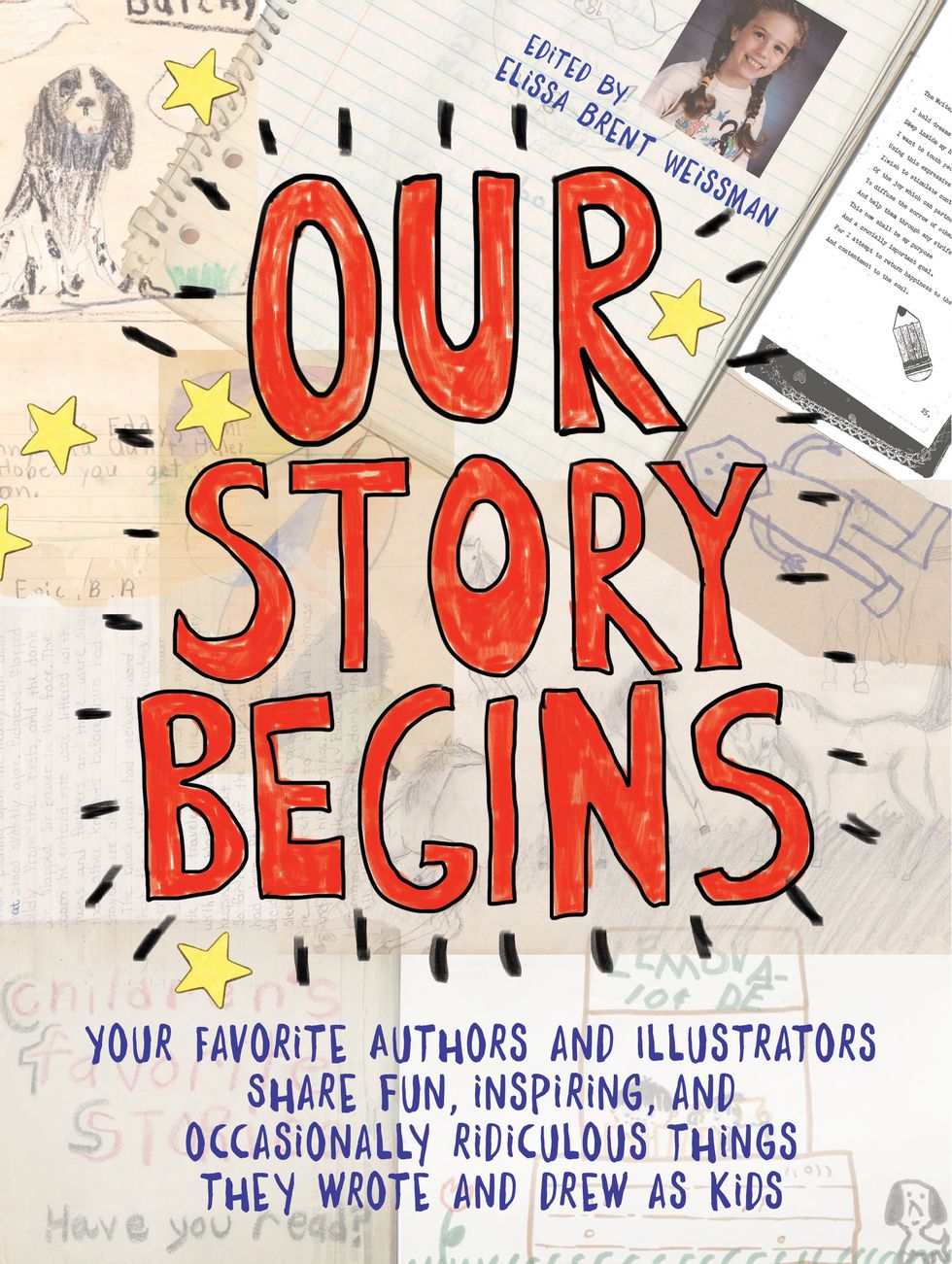As a twenty-one-year old young woman who has a passion for reading and writing and is trying to find her way in this rather messy world, I always find comfort in looking towards others for advice. Especially advice from those who are older than I am! The best words-of-wisdom come from the people who've been here, and stood in my shoes not so long ago.
Trying to find your footing in the wonderful world of writing doesn't always feel so...well, wonderful. It's hard. And sometimes you may just feel like putting your pen down, closing your laptop lid, and calling it quits.
But I've got some news for you: Don't stop! You have such a wonderful future ahead of you, so long as you stick with your passion and don't give up on writing, even when the water is rough!
And if my advice doesn't speak to your soul, then perhaps the wisdom from these experienced authors will help do the trick! Without further ado, here are the helpful tips you clicked on this article to read!
Author: Katie and Kelly McMenamin
Book: Organize Your Way: Simple Strategies for Every Personality
Publisher: Sterling Publishing/March 14, 2017
Author Photo: (Katie with sister and co-author Kelly)
Buylinks: Amazon, Barnes and Noble, Indiebound
Advice:
"If I’d told my messy wannabe novelist 20-year-old self that my first published work would be an organizing book co-authored with my neat economics major sister, I would have assumed you were on a mind-altering substance. There are, however, a few things, I would have believed:
- Keep adjectives and adverbs to a minimum.
- Passive tense = avoid.
- Write what you know unless it bores you to death.
- “Show don’t tell” is annoying and true.
- Always cut your first paragraph.
I might not have believed this one, but it’s true: Life won’t turn out exactly as you hope, but it will be better than your wildest dreams. I promise."
Author: Gregory Benford
Book: The Berlin Project
Publisher: Simon and Schuster/Saga Press/May 9, 2017
Buylinks: Amazon, Barnes and Noble, Indiebound
Advice:
"Here are some methods that work for me; your mileage may vary.
1. Write as close to the speed of your natural sentence-making machinery as you can. We read faster than we can speak, and speak faster than we can type, and type faster than we can write by hand. So choose to get as near the speaking speed as possible. Let the flow go. You do this by:
2. Plan, outline, do your research – then write as quickly as you can, to capture the momentum of events in something like real time.
3. Want to make scenes more vital? Invoke the five senses as often as you can – sight (usually overworked), sound, taste, touch, smell.
4. Let your unconscious do the heavy lifting. I review whatever I’m working on (science or writing or business) shortly before going to bed. Next morning, awake but eyes shut, I review the subject. Often an idea lurks, freshly minted from the unconscious mind that does a lot of my work. (“It is a common experience that a problem difficult at night is resolved in the morning after the committee of sleep has worked on it.”--John Steinbeck)
5. Write regularly, maybe even at the same time of day. That tells your unconscious that it will get to download, and thus keeps your larger self-interested in the problems. Ignore this and the shadow mind goes off to do other things.
6. Write early in the day; you’re smarter then."
Author: Mishell Baker
Book: Phantom Pains
Publisher: Simon and Schuster/Saga Press/March 21, 2017
Author Photo: (credit to Vanie Poyey, Headshots LA)
Buylinks: Amazon, Barnes and Noble, Indiebound
Advice:
"I wish I'd known life doesn't end at thirty. I finished my first novel at ten, my second at thirteen, determined to be a prodigy! But somehow high school and college went by and I still hadn't gotten published. Okay, I told myself, I at least HAD to establish my career before having kids. But when I had my first child at thirty-four, I still hadn't sold even one short story. It took me until I was forty to see a book in print… and instantly all those years of failure became a footnote. Wish I hadn't beaten myself up so much along the way."
Author: Tal M. Klein
Book: The Punch Escrow
Publisher: Inkshares/Geek and Sundry, July 25, 2017
Author Photo: (Credit Lai Long)
Buylinks: Amazon, Barnes and Noble, Indiebound
Advice:
"Writing advice for 20-year-old Tal from 40-year-old Tal (or, perspectives from passing Go for the third time):
-Learn to use beat sheets. They will make your creative life infinitely easier. I know you think stream of consciousness is really cool, but doing things that way is like running around in a maze with no exit.
-Stop worrying about writing like someone who doesn’t sound like you. The sooner you learn to love your natural, colloquial voice, the sooner you’ll stop struggling to pick up where you left off.
-Don’t automatically say yes to the first publishing deal that comes along; ask questions and understand the nuances of each business deal you engage in."
Author: Racheline Maltese
Book: Tremontaine
Publisher: Simon & Schuster/Saga Press, May 2nd
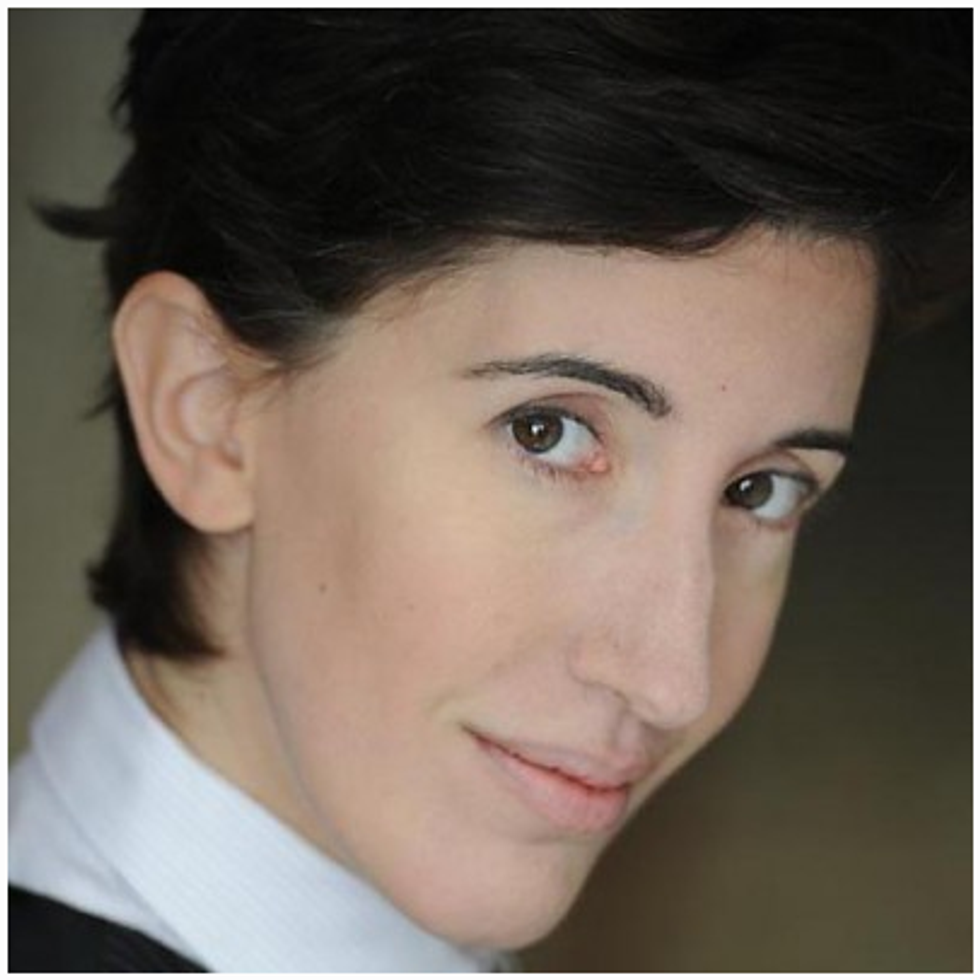
Advice:
"The story is the most important thing. If we create fictional people, we owe it to them to tell – and finish – their stories. It’s a commitment. And while there’s always work/live balance to sort out in any career, if someone doesn’t want you to tell a story, you need to look at why. Are you doing harm? Then you need to reevaluate. But what if they’re just afraid of your voice? You have to prioritize the story over your own fear and, sometimes, that of other people. And for the love of everything, just get to the end. You can fix it later."
--Racheline Maltese
Author: Catherynne Valente
Book: The Refrigerator Monologues
Publisher: Simon and Schuster/Saga Press/June 6, 2017
Buylinks: Amazon, Barnes and Noble, Indiebound
Advice:
"Hey, girl. It’s me. The Future. First of all, don’t worry--you’re right where you should be. Writing semi-pretentious poetry with potential, learning languages, being a weird dork, doing you. No one’s written the Great American Novel at age 20 so stop stressing out about it. Second, I want you to consider--just consider, don’t get mad at your Future, now--that pretty words aren’t the only thing that matters. It’s gonna take you about five years to figure out that people do need a story to go along with all your jazzy artwords, and with my help, you can shave that down to, like, two or three tops. Language is great. Lyrics are small miracles. You do actually need a melody to make a song, though. And then, know in your bones that publication is not the prize at the end of the road, it is the road. It is the beginning of a lifetime of good work, not the endgame. Writing something real is ever so much harder than finding someone to print it.
Also, hey, maybe apply to Clarion."
Author: Theodora Goss
Book: The Strange Case of the Alchemist’s Daughter
Publisher: Simon and Schuster/Saga Press/June 20, 2017

Buylinks: Amazon, Barnes and Noble, Indiebound
Advice:
"Learn to be patient with yourself. When you start writing, you're not very good at it--no one is. Writing is an art, but it's also a craft that needs to be learned and practiced over time. Every poem, story, novel you write will teach you something, and you'll get better. It will feel as though it's taking forever, but here's the good thing: there's no time limit. Writing is something you can keep getting better at your entire life. So when you're frustrated, when the words won't come, or come out all wrong, remind yourself that you're becoming a writer, and the process never ends. That is both the frustration and glory of writing."
Author: Rachel Stuhler
Serialized Fiction Series: Geek Actually
Publisher: Serial Box
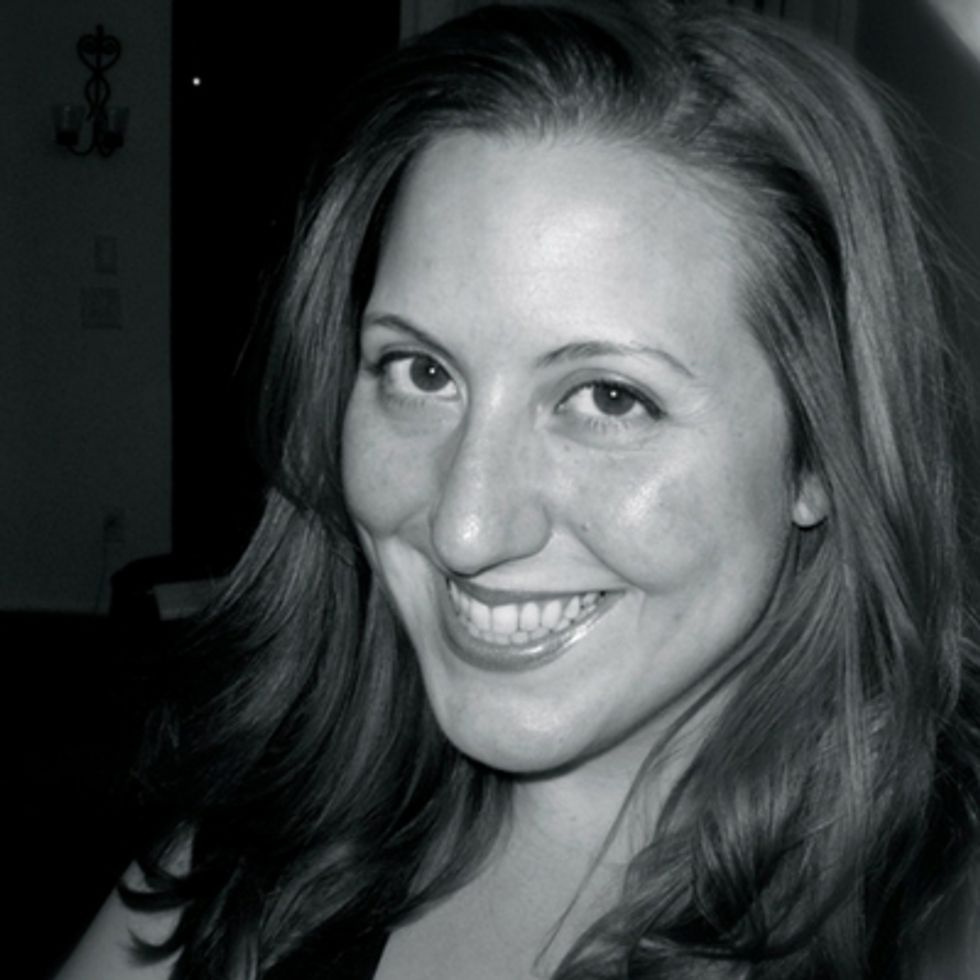
Advice:
"I’ve always been an obsessive writer, choosing to stay home on Saturday night and turn out endless pages instead of going to a party or accepting the date I was a little iffy on. My advice to that 20-year-old woman would be, GO. Live life and enjoy every part of it. This isn’t to say you shouldn’t also be writing; after all, it’s a skill that needs to be honed. But you also need something to write about. So once in a while, close the laptop and head to the beach. Or a rave. Or Thailand. Anywhere. Then come home and paint that life all over the page."
Author: Cecilia Tan
Serialized Fiction Series: Geek Actually
Publisher: Serial Box
Buylinks: Serial Box, Amazon
Advice:
"Dance in the words. There are rules, but the main reason to learn them is to learn how to break them so you can get your message through. The rules are built to the advantage of those with power: publishers and older established writers who thrived under those rules. To break through, you have to crash through that. Find the story only you can tell, but know *every* story you tell is unique to you. It'll feel lonely being that singular voice, but that's what will draw readers to you and you'll find out you're not the only one after all."
Author: Irena Brignull
Book: The Hawkweed Legacy
Publisher: Weinstein Books, August 15, 2017
Buylinks: Amazon, Barnes and Noble, Indiebound
Advice:
"Be brave. I spent a lot of time back then wishing I could be a writer but not having the confidence to go for it. Instead, I edited other people’s screenplays for a while before I finally stuck my neck out and wrote for myself.
Make your characters fallible and flawed. When I started writing, my central characters were just too nice. Perfect is boring. Think about what people don’t say or do in situations – not what they wish they’d said or done.
Show not tell. Avoid describing characters’ motivations and feelings, rather let this be revealed through their reactions to the situations you put them in.
Zoom in on the detail and avoid the general. Find something small in the scene that you can see, smell, hear, taste. It will make it feel real. If it’s real, it feels personal. And if it’s personal, it will move the reader."
Author: Kendra Elliot
Book: A Merciful Truth
Publisher: Montlake Romance, June 6, 2017
 Buylinks: Amazon, Barnes and Noble, Indiebound
Buylinks: Amazon, Barnes and Noble, IndieboundAdvice:
"Young writers often ask me for advice and my advice is always the same: FIRST find a solid and dependable job that pays the bills. It probably won't have anything to do with writing. It's incredibly hard to make a living as a writer and worrying about paying your rent is unnecessary stress. Financial success in writing takes a combination of three elements: hard work, skill, and luck. You can only control over the first two items. Spend your hours outside of your dependable job working on those two items. Network, query, listen, and take action to create opportunities to help bring the third into your life. If you really love it, don't ever give up."
Author: Daniel H. Wilson
Book: The Clockwork Dynasty
Publisher: Penguin Random House/Doubleday/August 1, 2017

Advice:
"Selling my first book in my mid-twenties taught me an important lesson. Not only is there the story you are trying sell—the thing you wrote, invariably a work of genius—but there’s also the story of you, as the author. It’s the story you tell during NPR interviews; the story of why you were the perfect person to write this book. Starting out, I was a trained roboticist warning the world of doom—tongue in cheek, obviously. And that’s been my story ever since. In retrospect, I’m glad that I truly love writing and thinking about technology and robotics, because it became the story of me as a writer. And at this point, ten years later, there’s the strong possibility that I haven’t got any other choice!”
Author: Christopher Brown
Book: Tropic of Kansas
Publisher: HarperVoyager, July 11, 2017
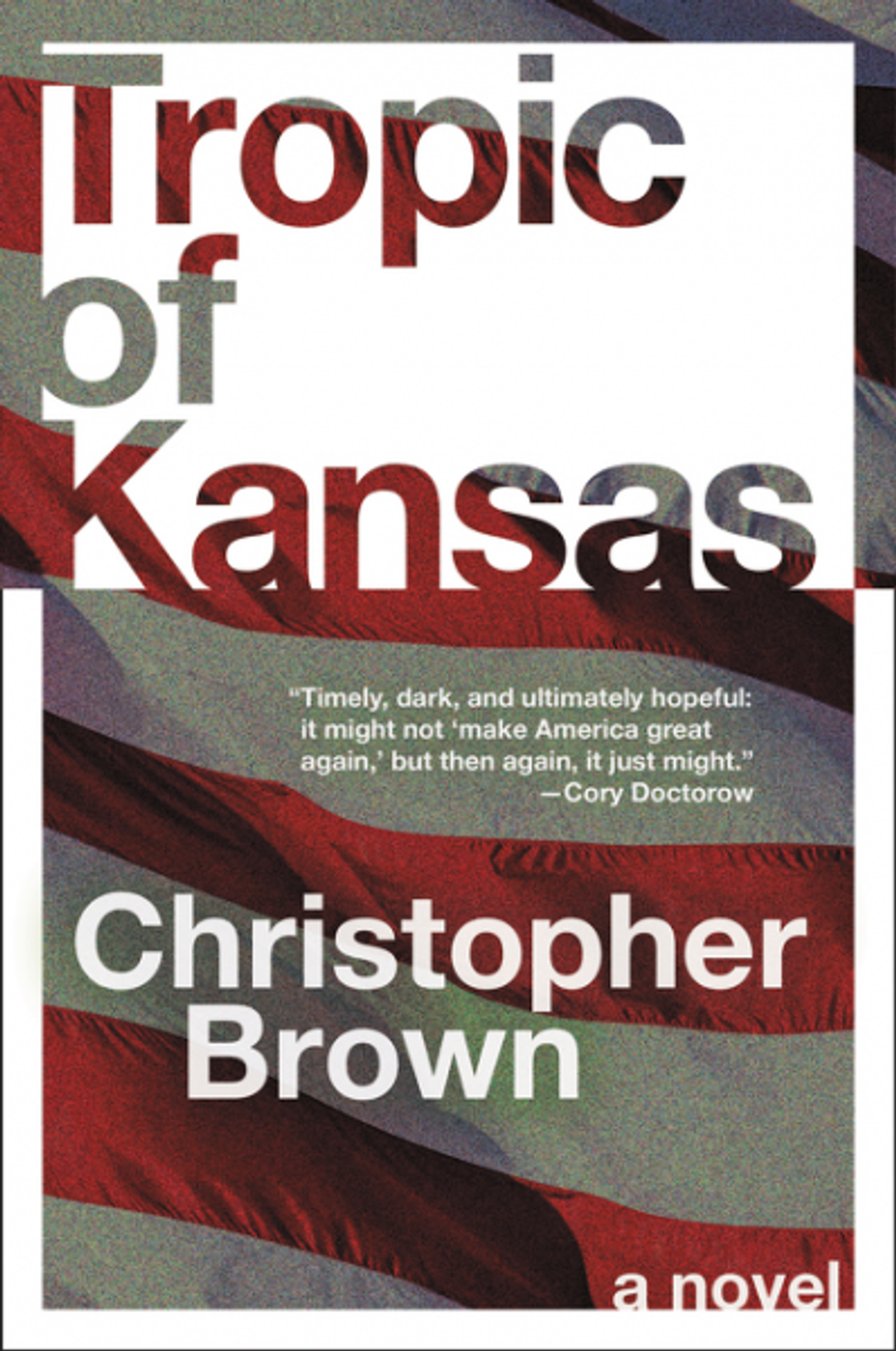
 Buylinks: Amazon, Barnes and Noble and Indiebound
Buylinks: Amazon, Barnes and Noble and Indiebound
Advice:
"Read more. The more you immerse yourself in the work of others, the stronger your own literary voice will be. Read adventurously—books by people who are not like you, lost texts serendipitously found in used bookstores, books that you are not supposed to read, and a few books that you are supposed to read. Read for style and for story, for truth and transgression. Make your own canon. Sampling is okay, especially in this remix culture—but reading complete longer works is the key to learning how to create your own. Your accumulated reading is the thing that will let you intuit how to tell the story you want to tell, the tether of memory that helps you find your way when you push the edges of your own experience and ability."
Author: Michael Mazza
Book: That Crazy Perfect Someday
Publisher: Turtle Point Press, June 20, 2017
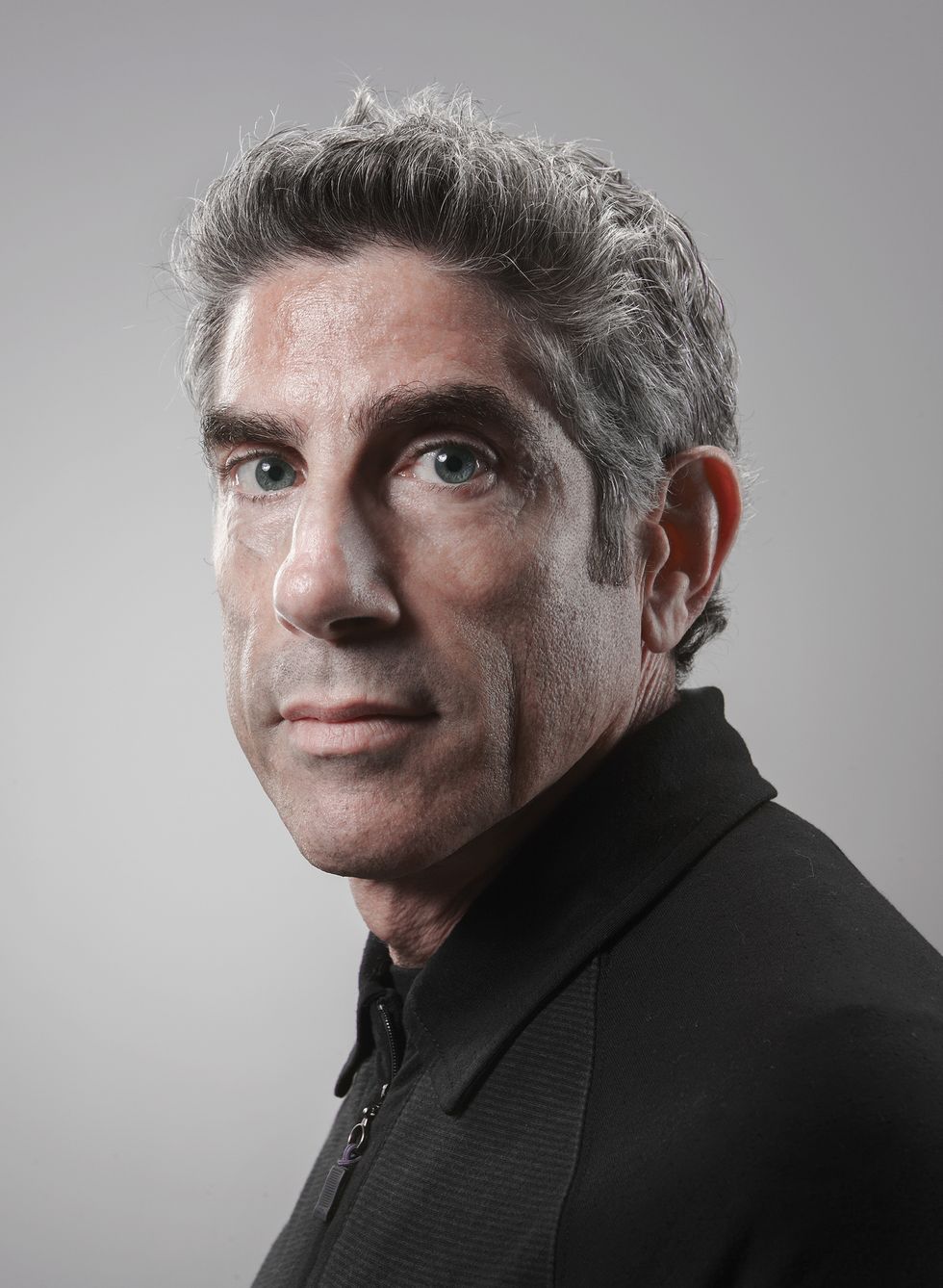
Buylinks: Amazon, Barnes & Noble, Indiebound
Advice:
"What you don’t know, 20-year-old self, is this: As you travel along the long lonely road you will be met with many nos. Years of nos. Ugly, hurtful, puzzling, and heartbreaking nos. Nos tossed at you on a whim. Nos delivered in silence. And you will ask yourself, should I quit my pursuit? Why bother? What’s the point? And worst of all, am I any good? But then, at a time when you least suspect it, the planets will align, the sun will cast its glow, and you will hear a single beautiful, resounding, yes. And then like that, your life will change."
Author: Elissa Brent Weissman
Book: Our Story Begins: Your Favorite Authors and Illustrators Share Fun, Inspiring, and Occasionally Ridiculous Things They Wrote and Drew as Kids
Publisher: Simon and Schuster/Atheneum Books for Young Readers/July 4, 2017
Buylinks: Amazon, Barnes and Noble, Indiebound
Advice:
"Revising will never be fun, but it will always be necessary. No matter how hard you worked on that first draft, no matter how sure you are of its brilliance, be patient; it’s not there yet. You’re not there yet either. You’ve got people to meet and experiences to embrace. Travel, take risks, and take it all in. It will make you a better writer and, more importantly, a better person.
Be warned: The world of publishing is slow and subjective and filled with frustration. Even so, go, go, go! Believe in yourself, in the stories you want to tell, and in your unique ability to tell them. There’s heartbreak ahead, but there’s also joy and exhilaration and hard-earned lucky breaks. You’re right that you have what it takes. Pursuing this dream won’t be easy, but it will be worth it."
Thank you so much to all the authors who took the time to write their wonderful words-of-wisdom for this article! It's greatly appreciated, and I hope the readers feel just as inspired as I do right now to go forth and continue writing. Also, a special thank you to Wunderkind PR for rounding up this incredible advice!

